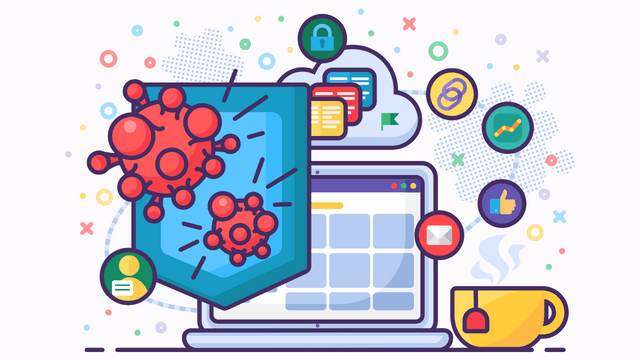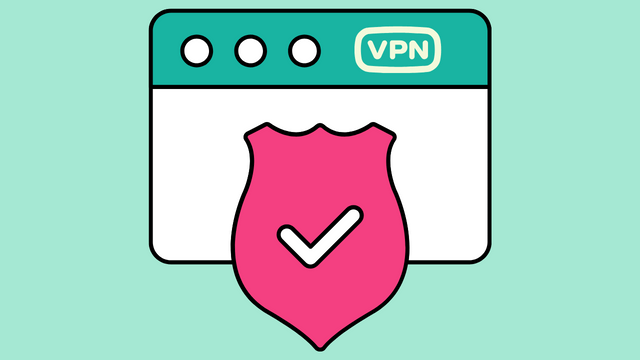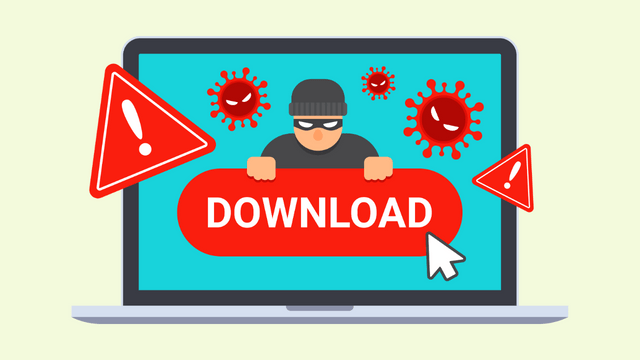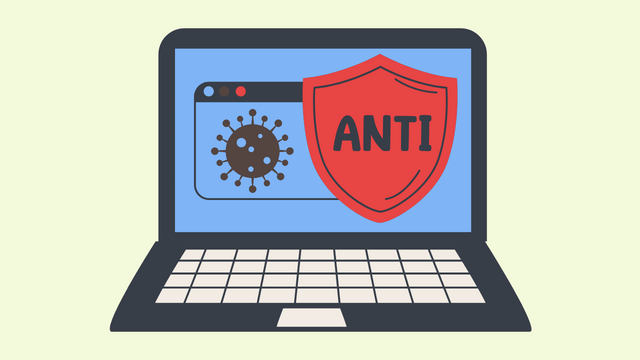The Internet brings us much use but at the same time, it is quite a dangerous place. If you are an inexperienced user, you may face some risks such as malware downloads or data breaches. VPN and antivirus software are recommended tools to use to maximize online safety. But what is the difference between them?
VPN and antivirus software are recommended tools to use to maximize online safety. But what is the difference between them?
Antivirus is made to protect you from malicious software. A VPN keeps your data private. Both are effective security tools, but what you choose depends on your specific needs. In some cases, it is better to use both. Let us take a closer look.

What is the definition of a VPN?
A VPN is an online security tool made to enhance privacy. VPN creates a secure and encrypted connection to the internet and allows users to browse the web anonymously and securely.
How Does a VPN Work?
- Encrypts your data: Secures your internet traffic by transmitting it through an encrypted tunnel.
- Hides your IP address & location: Protects you from cyber criminals, government surveillance, and internet service providers (ISPs) tracking your activity.
- Bypasses geo-restrictions: Allows access to region-locked content, including streaming services and websites from different countries.
- Enhances security on public Wi-Fi: Adds an extra layer of protection when connecting to public networks in cafes, airports, and hotels.
- Ensures online privacy & freedom: Prevents third parties from monitoring your browsing activities and enables unrestricted access to the internet.
In general, a VPN is a valuable instrument for safeguarding privacy, enhancing security, and ensuring online freedom while browsing the web.

What is Antivirus Software?
Antivirus software is a program that you install on a laptop or computer to stop, identify, and get rid of known viruses and malware before they can harm the devices. Cybercriminals use malware to secretly access devices, spy on people, and steal their data.
Even if you don’t visit suspicious websites, you still might infect your computer with viruses. So choose a strong antivirus and be safe.
How Does Antivirus Software Work?
- Scans for Viruses & Malware: Checks incoming files and network traffic for known threats based on a continuously updated database.
- Identifies & Flags Threats: Detects and alerts users about malicious files or activities.
- Removes Harmful Files: Some antivirus programs automatically delete threats, while others ask for user permission before removal.
- Manual & Automatic Scans: Users can run real-time scans manually or schedule automatic scans for ongoing protection.
- Customizable Settings: Allows users to choose whether threats are removed automatically or require manual approval.
By using a trusted antivirus program, you can protect your device from malware, viruses, and cyber threats, ensuring a safer digital experience.

VPN vs Antivirus. Differences.
Keep in mind that You don’t have to choose between a VPN and antivirus. Both are different layers of protection.
Purpose
- VPNs: VPN masks and hides your IP address, you can be anonymous and your data is unreadable. It is used to improve privacy and security when surfing the Internet, especially on public Wi-Fi networks.
- Antivirus software is designed to detect, block, and remove viruses, worms, Trojans, ransomware, spyware, and other malicious software (malware) from your device Its primary purpose is to protect your system from surrounding cyber threats H3 Security:
Mechanisms of Protection
- VPNs: A VPN has encryption protocols to protect to transmit your data. A VPN is like a secure channel between your device and the server.
- Antivirus: Antivirus detects malware threats with the help of uses signature-based recognition, heuristic analytics, and real-time scanning.
When do we use a VPN?
- When connecting to public Wi-Fi networks
- To get entry to sensitive statistics or make monetary transactions online
- To bypass censorship or geo-restrictions
When do we use Antivirus?
- When you download documents, surf websites, or open some email attachments.
- When you want to prevent any sort of potential damage to your device and data

Combine VPN and Antivirus. Be Safe Online.
To stay protected online, VPNs and antivirus software work best together as two essential layers of cybersecurity.
- A VPN safeguards your data and privacy by encrypting your connection, keeping it safe from hackers, ISPs, and third parties.
- Antivirus software defends against malware, viruses, and cyber threats that could harm your device.
The best antivirus with vpn, they form a powerful combination to keep you safe online.
Planet VPN is a free, secure VPN that provides privacy, fast connections, and top-tier security protocols. With no logs and strong encryption, you can browse the web safely and access your favorite content without compromising your security.
Visit our website and surf the web safely with Planеt VPN.
FAQs: VPN vs. Antivirus – What You Need to Know
Is a VPN as good as an antivirus?
No, a VPN and an antivirus serve different purposes. A VPN protects your online privacy by encrypting your connection and hiding your IP, while an antivirus detects and removes malware to keep your device safe from viruses and cyber threats.
Do I need antivirus if I use Planet VPN?
Yes, a VPN does not replace an antivirus. While Planet VPN enhances your online security by encrypting your data and protecting against tracking, it does not detect or remove malware. Using both a VPN and an antivirus ensures full protection.
Which antivirus and VPNs should I consider using?
For complete security, pair a trusted VPN like Planet VPN with a reputable antivirus such as Bitdefender, Norton, or Kaspersky. This combination ensures both privacy and protection against cyber threats.
Can I still get a virus if I use a VPN?
Yes, a VPN does not prevent viruses. It protects your internet connection, but if you download infected files or visit malicious websites, you can still get malware. Always use an antivirus alongside your VPN for full security.